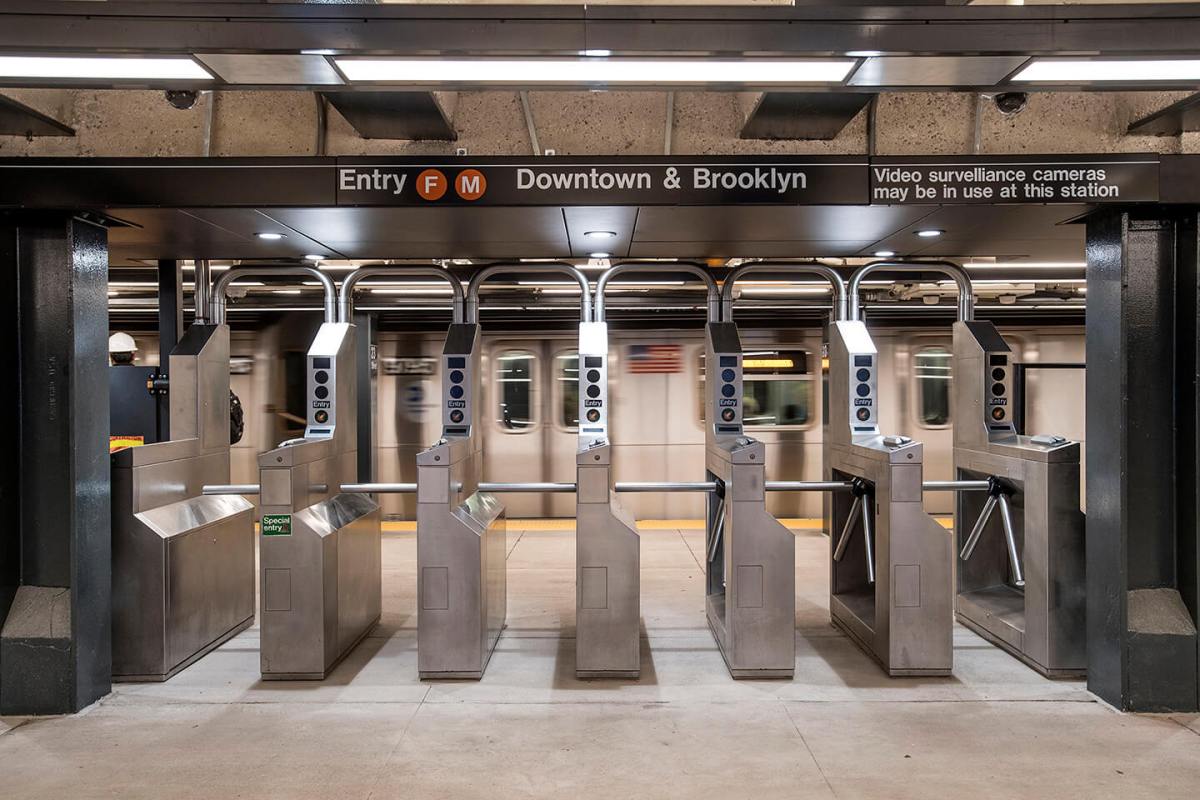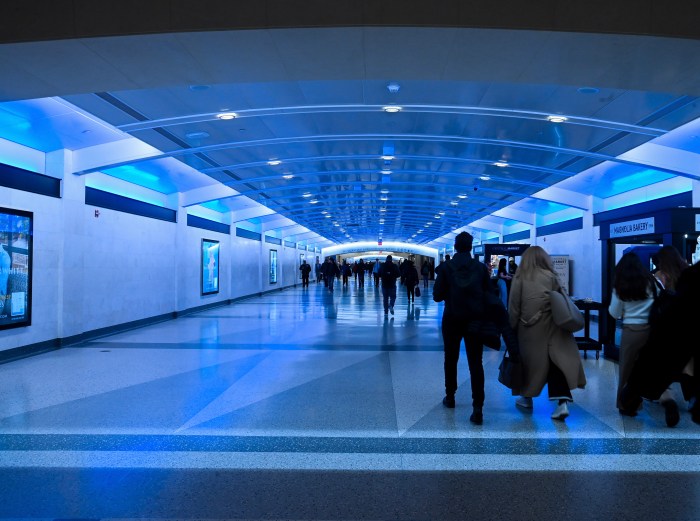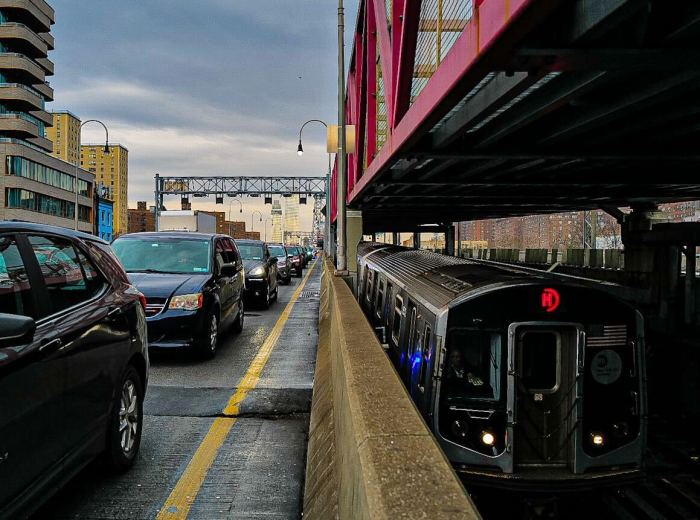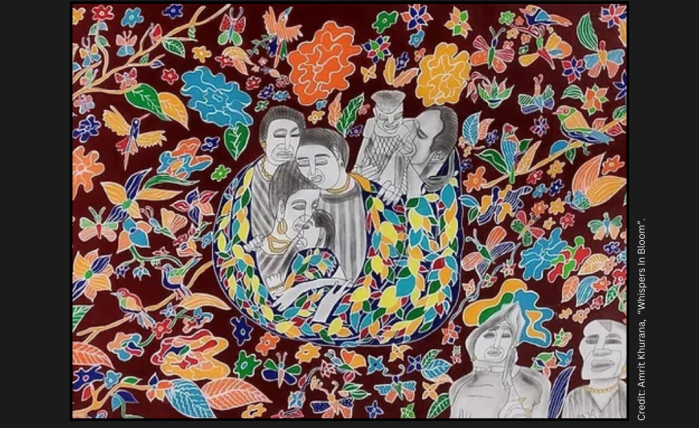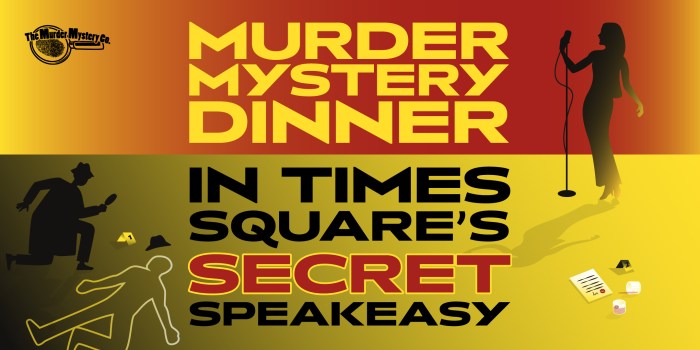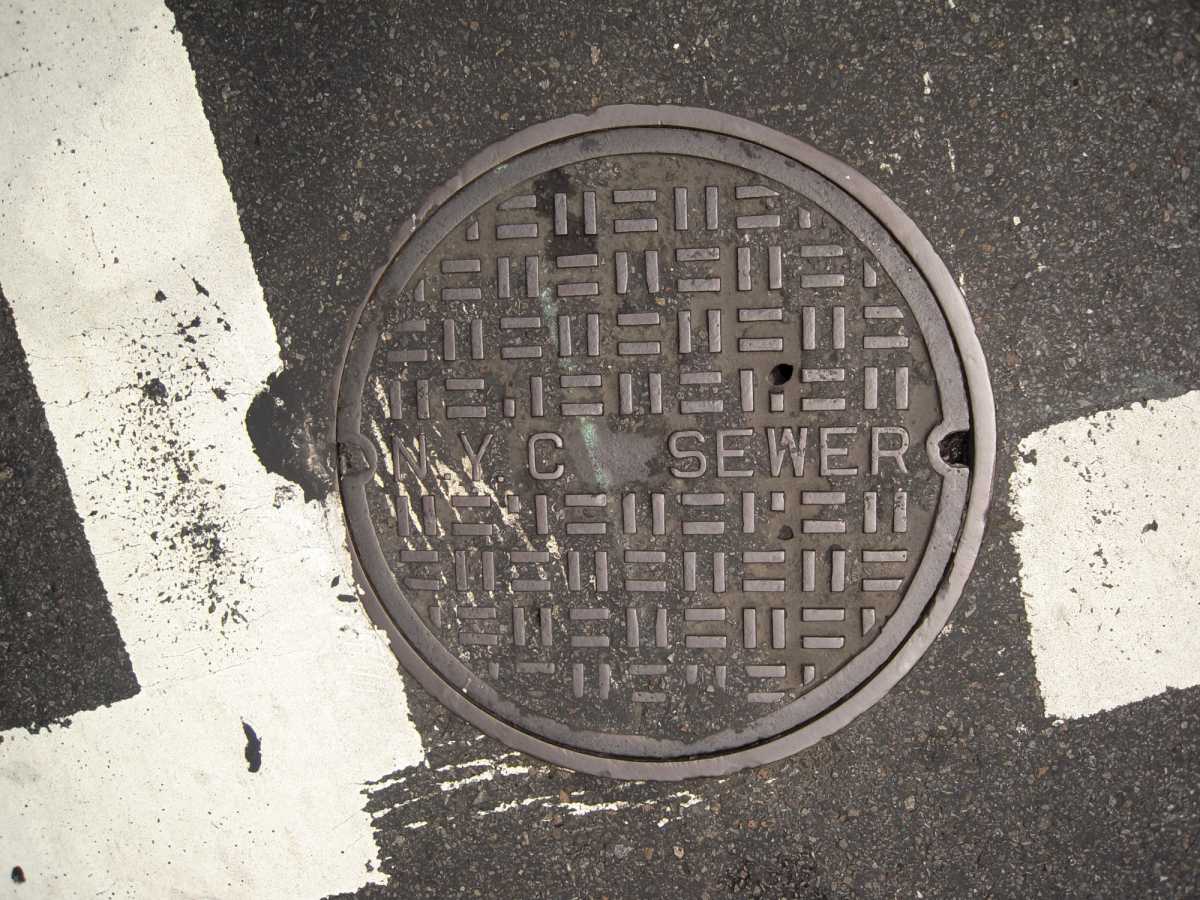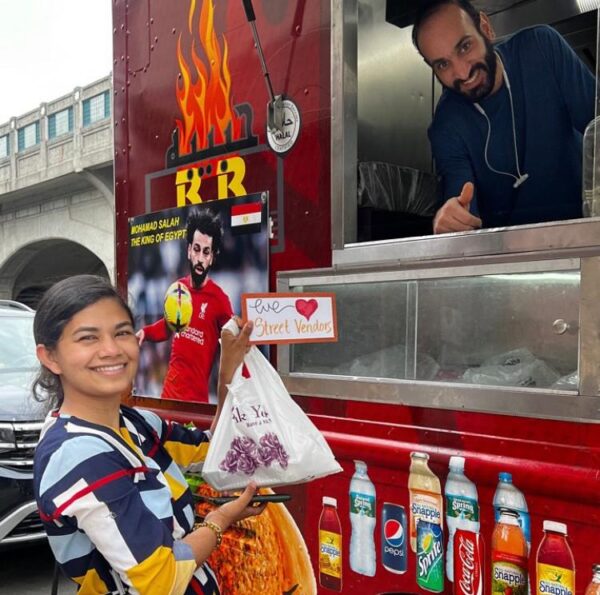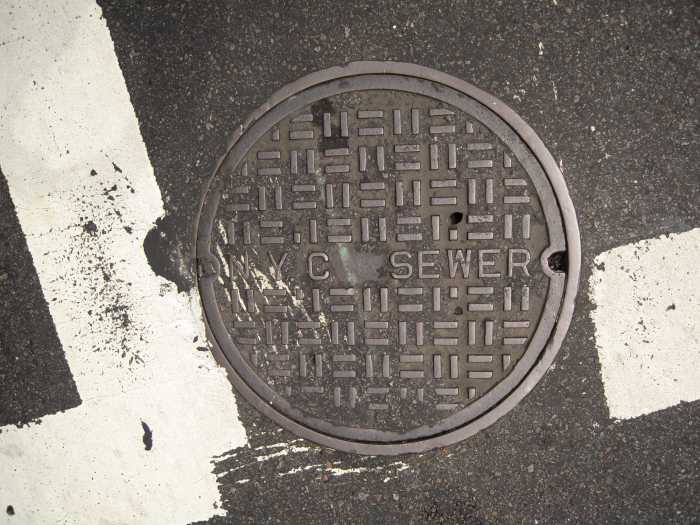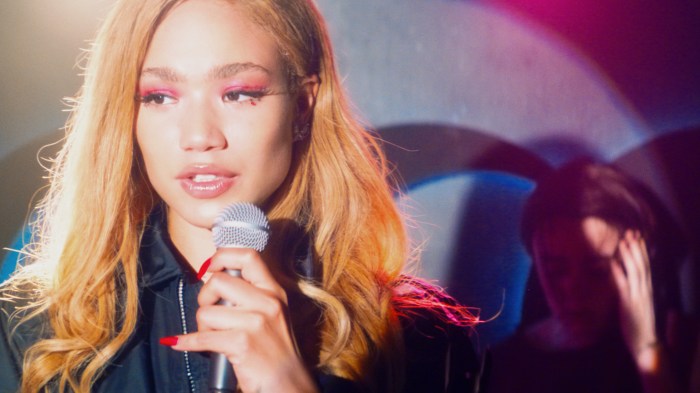The $107 billion city budget that Mayor Eric Adams and the City Council agreed upon Thursday expands the Fair Fares half-price MetroCard program to more low-income New Yorkers — although still far short of the expansion sought by the Council, advocates, and MTA leadership, who hoped it would cover a larger swathe of the low-income population.
The budget commits $95 million in funding for Fair Fares, a $20 million increase over last year, and increases the eligibility threshold from those making 100% of the federal poverty line to 120%. The $95 million is a “baseline” upon which future expansions can be added.
Additionally, the new spending plan includes $11 million to provide free MetroCards to Summer Youth Employment Program participants this summer. Approximately 100,000 youths between 14 and 24 are set to work this year under SYEP.
“Everyday I hear from working people about the cost of transit in our city. I’m on the subway a lot,” said Hizzoner at a press conference announcing the adopted budget on Thursday. “And believe it or not, New Yorkers are extremely opinionated when they ride the subways. So we are expanding our Fair Fares program by $20 million, and spending $11 million to provide free MetroCards to Summer Youth Employment Program participants.”
But the expansion of the city-administered program is much smaller than the one sought by the lawmakers, advocates, and even transit officials, all of whom supported raising the threshold to 200% of the federal poverty line.
The federal poverty line this year stands at $14,580 for an individual and $30,000 for a family of four, with varying amounts for other family sizes. The revised figure of 120% of the federal poverty line equates to $17,496 for an individual and $36,000 for a family of four, while 200% would bring the thresholds to $29,160 and $60,000 respectively.
For comparison, a full-time job at an hourly wage of $15 an hour yields $31,200 in annual income, meaning Fair Fares is still only available to those making barely half of the city’s minimum wage.
“Look, 120 I think is progress,” said MTA New York City Transit President Richard Davey at an unrelated event on Thursday. “But transit, the cost of living in New York is still gonna be out of reach for folks. My hope and my desire is that in the future, we can do better.”
The funding this year for Fair Fares is also still below the $106 million budgeted in its first year in 2019. The city slashed funding for it the following year after COVID hit and transit ridership plummeted. In 2022, Mayor Adams and Speaker Adrienne Adams baselined funding for Fair Fares for the first time, allocating $75 million.
Something better than nothing
To date, 291,878 New Yorkers have signed up for Fair Fares, according to the Human Resources Administration, which provides the benefit. That’s well below the approximately 932,000 New Yorkers between ages 18 and 64 who qualify, according to the Community Service Society, which has long advocated for Fair Fares and blames a lack of robust public outreach for the program’s low uptake.
The advocates who pushed for the expansion to 200% still celebrated the fact the program would be expanded at all.
“With so many New Yorkers struggling during such a challenging budget year, we commend Mayor Adams and Speaker Adams for negotiating a $20 million expansion of Fair Fares,” said Betsy Plum of the Riders Alliance and David Jones of the Community Service Society in a statement. “Expanding the nation’s largest low-income transit discount program will help it achieve its full potential to combat poverty and promote economic security. We look forward to working with City Hall to make the expansion as impactful for as many people as possible.”
But with the MTA on course to raise the subway and bus fare to $2.90 by Labor Day, and the cost of just about everything else in New York on a precipitous rise, the expansion will still leave many people living on very low incomes paying a full-price fare. In 2021, 18% of New York City residents — over 1.5 million people — were living below the poverty line, according to the state Comptroller’s office.
“Fair Fares is a critical program that helps New Yorkers in need access reduced transit fares, but many low-income riders can’t qualify because of the too-low eligibility criteria that is not reflective of the cost of living in New York City,” said Lisa Daglian, executive director of the Permanent Citizens Advisory Committee to the MTA, an in-house rider advocacy group. “We thank the City Council and Mayor Adams for coming to an agreement that will expand the program: it’s a drop in the bucket, but every drop helps fill the bucket.”
The mayor had reportedly fought against increasing the threshold for Fair Fares at all, becoming a sticking point in budget negotiations. That tracked with the mayor’s overall austerity approach to the budget, which he has largely pinned on the cost of the migrant crisis.
“Mayor Adams made a series of disastrous proposals in this budget, and the council did everything we could to fight back and make it a somewhat better budget,” said Brooklyn Council Member Lincoln Restler at the event with Davey. “Especially when you consider the increase in fares that MTA is considering now, expanding Fair Fares is more important than ever. And I hope that we’ll be able to continue to expand the Fair Fares program and improve outreach so that more New Yorkers take advantage of this essential benefit.”
Restler did not appear with the mayor and speaker at the budget unveiling, nor did many other members of the Council’s Progressive Caucus.
The mayor and council agreed to restore funding slashed by the administration for public libraries, and also restored some, but not all, of the funds the administration cut from CUNY, according to City Comptroller Brad Lander.
“While the council’s focus this year was to restore cuts to essential services, our city must shift away from this counterproductive budgeting approach,” said Council Speaker Adrienne Adams, “and move forward through the lens of expanding upon what New Yorkers need, not what they can do without.”
The 51 members of the City Council are set to vote on the budget agreement on Friday.
Fair Fares benefits can be loaded onto a MetroCard, but have not yet been integrated into OMNY, which is expected sometime this year.
Visit nyc.gov/site/fairfares/index.page to see if you qualify for Fair Fares.
Read More: Op-Ed | Governor Hochul, don’t leave NYC children behind in early intervention funding



